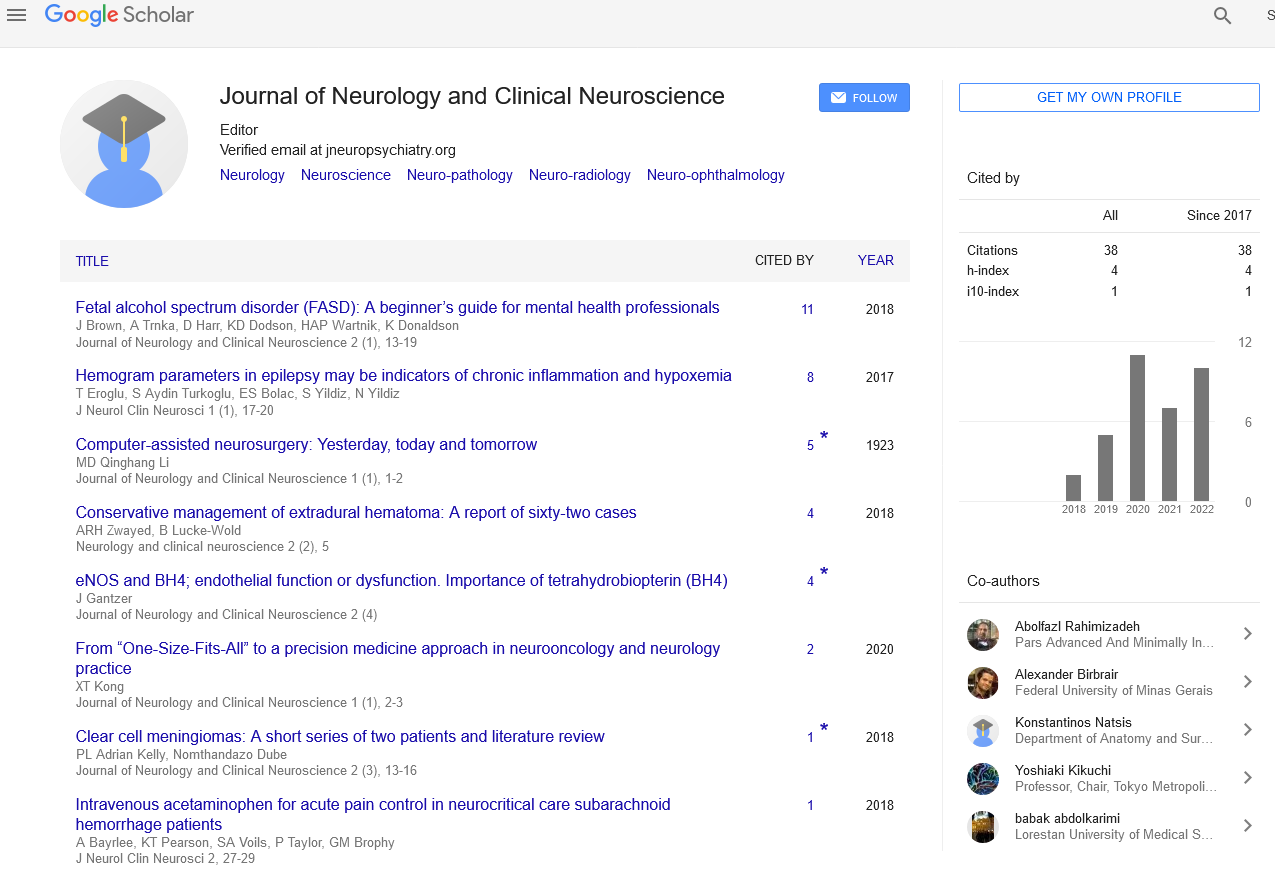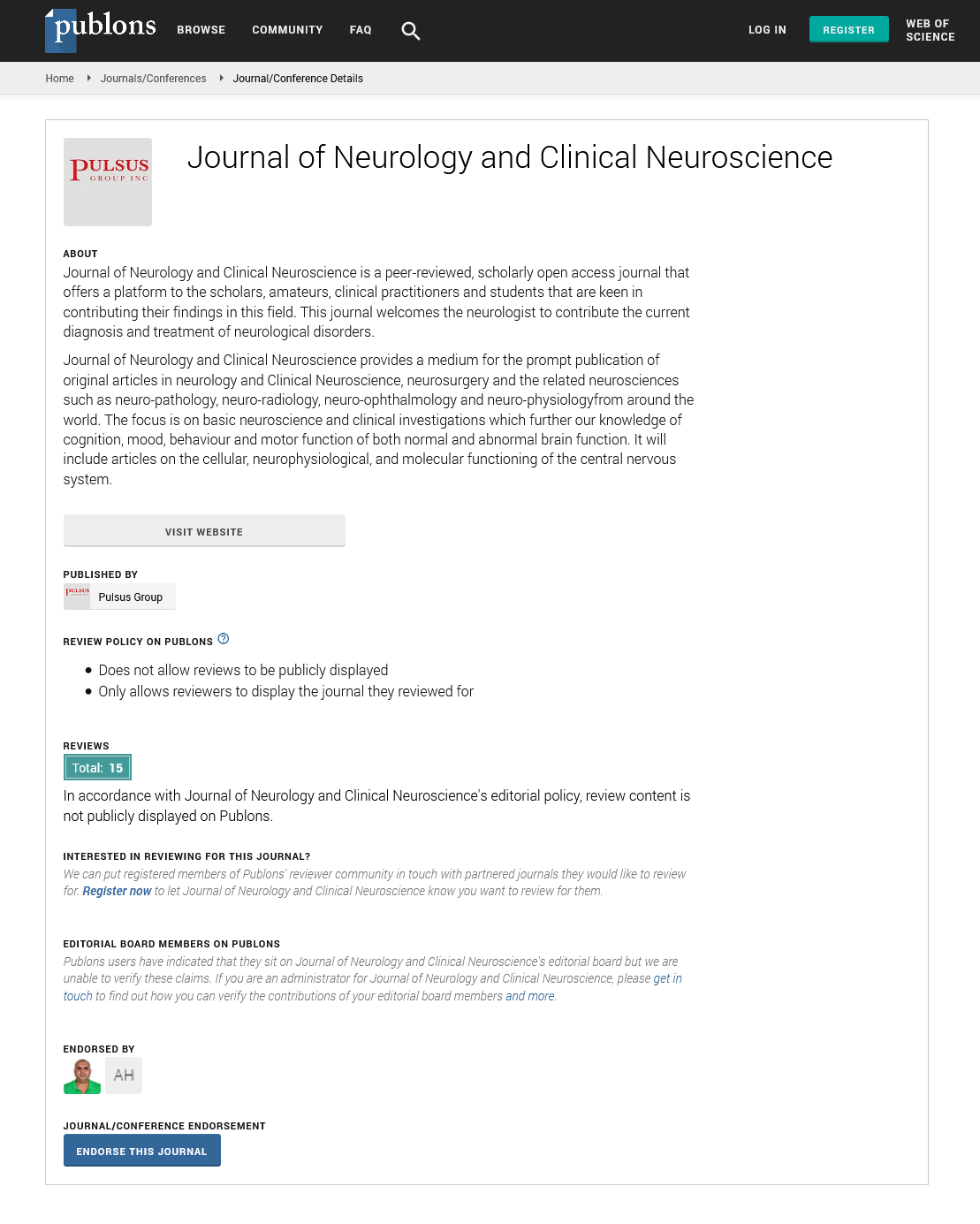Sign up for email alert when new content gets added: Sign up
A neurological and philosophical perspective on the design of environments and technology for older people with dementia
Joint Event on 4th International Conference on Neurology and Healthcare & International Conference on Clinical and Experimental Neuropsychology & 3rd World Drug Delivery and Formulations Summit
June 24-25, 2019 | Rome, Italy
Maarten Johannes Verkerk
Maastricht University, Netherlands
Keynote: J Neurol Clin Neurosci
Abstract :
Statement of the Problem: Older People with Dementia (OPD) have specific housing and technology-related needs, for which various design principles exist. The current design principles for technology and housing for OPD are based on their own experiences and those of their relatives and carers. These principles are not very specific and lack a firm foundation in neurology and behavioral sciences. The general objective of this paper is to support architects and designers to design a building, its interior and its technologies that match the needs and wishes of OPD based on knowledge of neurology and behavioral sciences. We have three specific aims:
1. To propose a general model for designing for OPD that has a firm foundation in neurology and behavioral sciences
2. To identify principles for designing housing for OPD;
3. To develop a methodology to translate design principles in design specifications.
These specific aims were realized by integrating knowledge about the neurological processes of OPD, the behavior of OPD, philosophical theories about the multi-sidedness of reality, and design case studies in long term homes.
The methodology is presented in Figure 1. In my presentation I will show the fruitfulness of philosophical theories for designing technology for OPD. I will discuss two philosophical approaches. The theory of modal aspects gives insight in the multi-sidedness of human beings and its relation to the design of technology. The practice approach offers insight in the different forces that play a role in the health care practice.
Biography :
Maarten Johannes Verkerk (1953) studied chemistry, theoretical physics and philosophy at the University of Utrecht. In 1982, he got his PhD in Material Science at the Technical University Twente in Enschede. In 2004, he defended a second PhD on the crossing point of organization science, technology and philosophy at the Maastricht University in Maastricht. He had a career in the industry. After that he was the director of a psychiatric hospital in Maastricht, The Netherlands. Later on, he was the chairman of the board of VitaValley, an innovation network in health care. He was affiliate professor reformational philosophy at the Technical University of Eindhoven. At this moment he holds a comparable chair at the University of Maastricht. He has published hundreds of articles in national and international journals about materials science, organization science, movies, innovation, philosophy of technology, ethics of technology, end-of-life, women & church and sustainability.
E-mail: maarten.verkerk@home.nl





